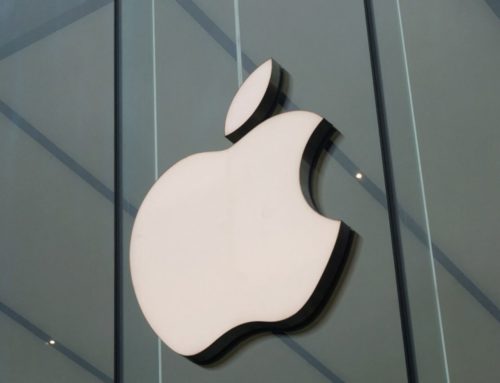MIT is conducting an internal review of the Epstein matter, which could be connected to donations from such influential tech-savvy billionaires as Bill Gates. The school has a history of taking underhanded jabs at disruptive and subversive tech like Bitcoin, and remaining tellingly silent when human rights activists are put on the spit of government persecution, or when ties with brutal, U.S.-supported dictatorial regimes like Saudi Arabia are concerned. In a joint-authored MIT Media Lab-connected piece published to The Atlantic in 2016, the writers state:
The [bitcoin] cryptocurrency is a powerful tool for early adopters and middle-class entrepreneurs, but it may not provide the opportunities in the developing world that its advocates claim.
That’s fair enough, and at face value a pretty innocuous and possibly substantial claim. But the Bitcoin critical hint-drops continue throughout the piece, suggesting to readers that they “dig into the ways mobile money is embedded in new, networked systems of control and value enclosure, as opposed to being a purely grassroots phenomenon for social inclusion.”
Tellingly, the url for the piece includes the word “hype” and the original title, prior to being edited, was “The New Bitcoin Myth.” For anyone that can read between the lines here, The Atlantic piece is an attempted attack on the utility of crypto and its revolutionary potential, coming from a massively government-funded university. According to a 2017 letter from MIT president L. Rafael Reif:
Congress will shape the final terms. But because we rely on federal funding for 66% of our campus research support, we must take this “blueprint” seriously, for both what it says and what it signals.
Sourced through Scoop.it from: news.bitcoin.com







Leave A Comment